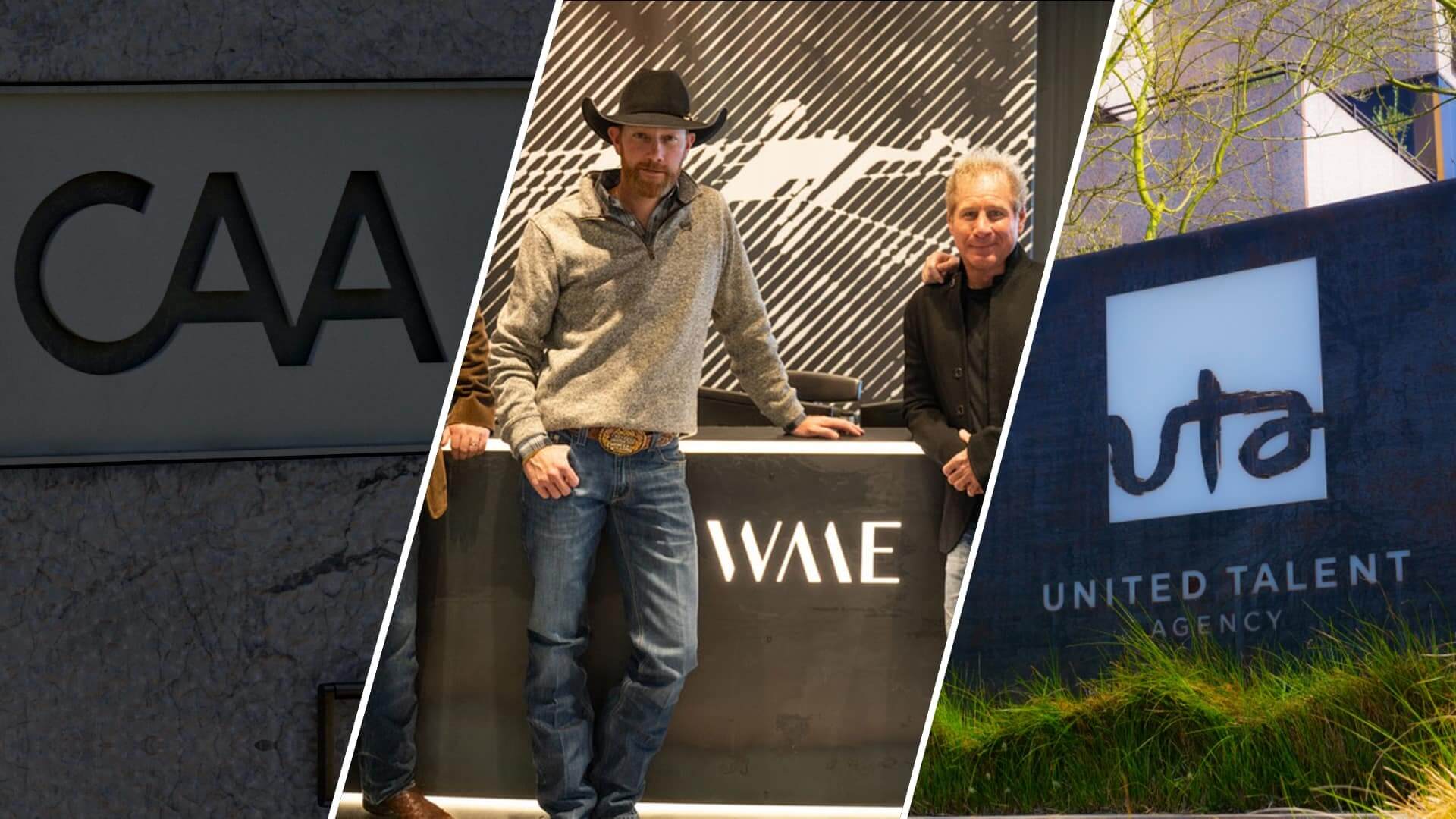How The Casting Connection can Save You Time, Stress, and Money.
Table of ContentsThe Ultimate Guide To The Casting ConnectionThe Casting Connection for BeginnersThe Only Guide for The Casting ConnectionSome Ideas on The Casting Connection You Should KnowThe Ultimate Guide To The Casting Connection
A skill agent functions as an agent for artists, entertainers, athletes, and various other individuals in the show business. Their key obligation is to promote and represent their customers' rate of interests, helping them secure chances such as acting functions, modeling jobs, endorsements, music contracts, or sports deals. Skill representatives work closely with their clients to comprehend their occupation objectives and ambitions, and after that take advantage of their sector connections and proficiency to bargain agreements, secure tryouts, and explore numerous opportunities for direct exposure and success.Talent representatives generally operate in busy and vibrant environments that revolve around the show business. Their workplaces can differ based upon the size and kind of agency they are used in. Here are some common elements of the work environment of a talent scout: Ability Agencies: The majority of skill representatives operate in skill agencies, which can range from tiny shop companies to big, well-established companies.

An Unbiased View of The Casting Connection
These meetings can take area in the company's workplace, at client occasions, or at exterior locations hassle-free for the customer. Auditions and Casting Calls: Agents may accompany their clients to auditions and casting phone calls, providing support and advice throughout the procedure. This can entail taking a trip to numerous places, such as manufacturing workshops, casting workplaces, or movie sets.
These arrangements commonly happen via phone or email, with agents working carefully to safeguard positive terms for their customers. Research and Industry Updates: Representatives remain educated regarding industry trends, casting calls, and market needs. They carry out research study on potential customers, jobs, and industry growths to give valuable understandings to their clients.
They use e-mail, phone calls, video conferencing, and specialized software to stay in touch with customers and industry calls. https://issuu.com/castingconnection. High Pressure and Lengthy Hours: The home entertainment market runs on limited schedules and deadlines - Theatre Database Online Services. Talent scout typically function long hours, consisting of evenings and weekends, to guarantee they are offered to reply to chances and client requires without delay
They need to be calculated and convincing to safeguard the most effective deals for their customers, whether it's for a role in a movie, a modeling agreement, or a songs bargain.
Some Known Questions About The Casting Connection.
Once you recognize the distinction, it ends up click over here being really clear. Lots of people new to the acting organization, and also more of those outside of it do not understand the difference. So, in a couple of words: Basically, a talent scout is worked with by the actor to stand for the star. The star's representative keeps an eye out for skill's interests, servicing their part (the extremely interpretation of "representative").
They are hired by the producer or the end-client, and their allegiance is to that side of the production chain. In the organization of item advertising and advertising and marketing communications, there are all kinds of representatives.

And yet, although the talent representative is paid by ability (normally by means of compensation), they need to likewise please the manufacturer to do their job successfully. Casting Agent: Hardly ever in major markets, but occasionally in smaller markets, some talent agents play both duties, at least functionally. They represent the talent (usually being paid by commission), but they may additionally conduct tryouts themselves.
What Does The Casting Connection Do?

Ad agency: This agency represents the "marketer," which is the business that produces or markets the services or product being sold. https://castingconnection.bandcamp.com/album/the-casting-connection. With the growing of media types over current decades, an advertising agency may develop any type of kind of advertising and marketing interaction or audio product, ranging from a radio commercial to a viral web video
These, and representatives by various other names are similar to the marketing company, in that they offer the marketing expert, in numerous ways. Their service may be broader (e.g., a marketing firm may do anything that is marketing-related), or could be a lot more details (e. Actor Resources Online.g., a media company suggests and/or acquires media time and area)
The 15-Second Trick For The Casting Connection
Executive recruiter. This is not so much a title as a method to finding and picking brand-new ability. It refers to looking for interesting (and hopefully capable) skill, instead of going out with the conventional casting chain and having actually selected alternatives return. The looking process may consist of the full universe of trained, developed talent, but is not always limited to them.
From a client/producer's point of sight, scouting for ability is a genuine technique, but most likely not their only method. It's naturally ineffective and uncertain; the skill could have some distinct quality, yet be untrained, undirectable and/or undependable, and obviously, the start of a limited manufacturing routine is not the time to start searching for rubies in the harsh.